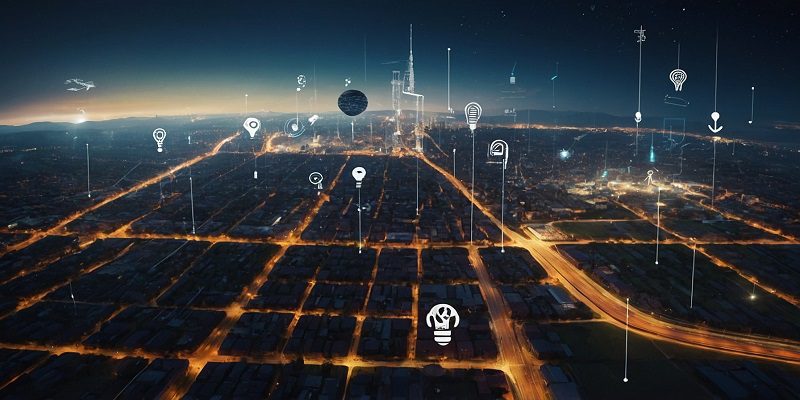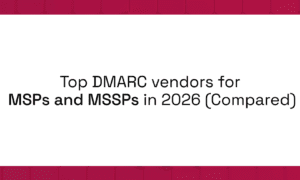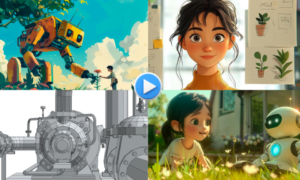In today’s rapidly evolving technological landscape, the Internet of Things (IoT) stands out as a groundbreaking phenomenon. With its ability to connect devices and enable seamless communication between them, the IoT is revolutionizing various aspects of our lives. From smart homes to industrial automation, the impact of IoT is profound and far-reaching. In this article, we explore 10 ways in which the Internet of Things is reshaping our world.
Enhanced Connectivity:
The IoT facilitates unprecedented connectivity, allowing devices to communicate and share data effortlessly. Through interconnected networks, devices can exchange information in real-time, enabling faster decision-making and improving efficiency across industries.
Smart Home Automation:
One of the most visible manifestations of IoT is in the realm of smart home automation. From thermostats and lighting systems to security cameras and appliances, IoT-enabled devices empower homeowners to control and monitor their living spaces remotely. This not only enhances convenience but also promotes energy efficiency and cost savings.
Healthcare Revolution:
In the healthcare sector, IoT technologies are driving a revolution in patient care and management. Wearable devices equipped with sensors can monitor vital signs, track activity levels, and even detect early signs of health problems. Additionally, IoT-enabled medical equipment enables remote patient monitoring and facilitates timely intervention, improving outcomes and reducing healthcare costs.
Industrial IoT (IIoT):
The Industrial Internet of Things (IIoT) is transforming traditional manufacturing processes and industrial operations. By incorporating sensors, actuators, and data analytics, IIoT systems enable predictive maintenance, optimized production workflows, and enhanced safety measures. This results in increased productivity, reduced downtime, and greater operational efficiency.
Transportation and Logistics Optimization:
In the transportation and logistics sector, IoT technologies are revolutionizing supply chain management and logistics operations. By equipping vehicles, containers, and warehouses with IoT sensors, companies can track inventory in real-time, optimize route planning, and improve fleet management. This leads to reduced costs, faster delivery times, and enhanced customer satisfaction.
Sustainable Agriculture:
The IoT is also making significant strides in agriculture, ushering in the era of smart farming. Through the deployment of IoT sensors and precision agriculture techniques, farmers can monitor soil conditions, crop health, and environmental factors with unprecedented accuracy. This enables precision irrigation, optimized fertilizer usage, and proactive pest management, leading to increased yields and sustainable farming practices.
Urban Infrastructure Management:
Cities around the world are harnessing the power of IoT to improve urban infrastructure management and enhance quality of life for residents. Smart city initiatives leverage IoT technologies to monitor traffic flow, manage energy consumption, and enhance public safety. By collecting and analyzing data from various sources, city authorities can make informed decisions to address urban challenges and create more livable environments.
Personalized Retail Experiences:
In the retail sector, IoT technologies are driving personalized shopping experiences and reshaping the way consumers interact with brands. Through connected devices such as beacons and RFID tags, retailers can track customer preferences, deliver targeted promotions, and optimize inventory management. Furthermore, This enables retailers to provide tailored recommendations and enhance customer satisfaction, ultimately driving sales and loyalty.
Environmental Monitoring and Conservation:
IoT-enabled sensors and devices play a crucial role in environmental monitoring and conservation efforts. From tracking air and water quality to monitoring wildlife habitats, IoT technologies provide valuable insights into environmental health and ecosystem dynamics. Additionally, this data-driven approach facilitates informed decision-making and supports initiatives aimed at preserving natural resources and biodiversity.
Empowering Smart Cities:
Ultimately, the widespread adoption of IoT technologies is paving the way for the development of truly smart cities. By integrating various systems and infrastructure components, smart cities can optimize resource allocation, enhance public services, and improve overall quality of life for residents. Moreover, from smart grids and intelligent transportation systems to connected healthcare and public safety solutions, IoT-driven innovations are transforming urban landscapes and shaping the cities of the future.
Conclusion
In conclusion, the Internet of Things represents a paradigm shift in how we interact with technology and the world around us. From revolutionizing industries to empowering individuals, IoT technologies hold immense potential to redefine our world and drive positive change. Additionally, by embracing innovation and harnessing the power of interconnected devices, we can unlock new possibilities and create a more connected, efficient, and sustainable future.



































